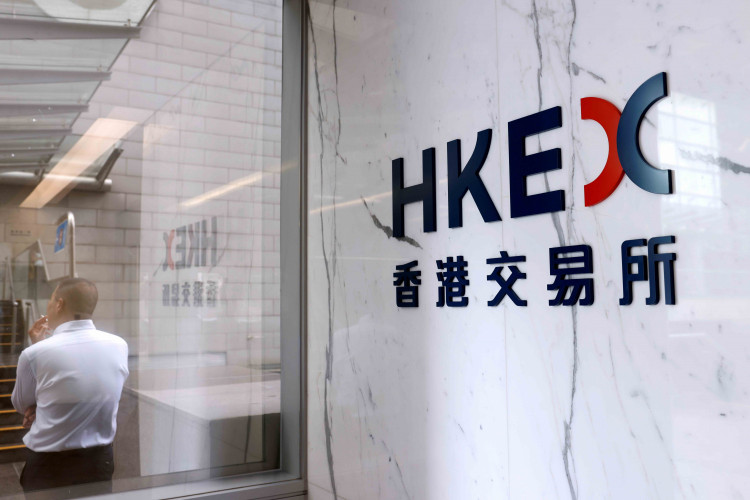Hong Kong's first stamp duty on share trading in nearly three decades has returned to its celebrated freewheeling business scene as an "innovative policy" that will not harm the city's competitiveness, Financial Secretary Paul Chan said during his budget address this week.
Chan, in a budget speech on Wednesday, is confident traders will not be dissuaded by the modest bump in price, remarking that "overseas investors' growing interest in Chinese stocks is an irreversible trend" during a radio show Thursday.
The proposal will raise the price of stamp duty on Hong Kong stock transfers, payable by the buyer and the seller, to 0.13% from 0.1%, and the government expects to earn roughly HK$12 billion ($1.5 billion) annually.
Share Market Not Impressed
After the announcement on Wednesday, HKEX shares plummeted 11% and closed at 8.8%, the biggest single day fall in more than five years.
"As a means of increasing government revenue, this measure will have relatively less impact on the general public," PwC Hong Kong tax partner Kenneth Wong told Business Times, but recommended that authorities conduct "a thorough consultation with the financial services industry."
The change in stamp duty is part of a broader package introduced in the 2021-22 city budget to revive the local economy. The city's tax year starts on 1 April.
Hong Kong's financial secretary predicted a budget deficit worth 3.6% of the GDP over the next year, down from a record-high deficit of roughly $33.5 billion in 2020.
This is much lower than the estimated average deficit of 8.8% expected in advanced economies around the world, according to a January 2021 Fiscal Monitor update by the International Monetary Fund.
While improving, the city's economy is likely to remain subdued for the foreseeable future.
"Overall, we can expect a deficit in the next four years due to rising expenses and one-off anti-epidemic measures," said Wong.
Other Budget Plans
In Hong Kong, notable sweeteners to support businesses include subsidies for real estate investment trusts (REITs) and investment funds.
The government will cover 70% of professional services expenses incurred by these companies, up to HK$8 million ($1.03 million) each, as part of an incentive scheme that is relatively new to Hong Kong according to Wong.
The government will also subsidize costs related to issuing green bonds and insurance-linked securities in a targeted effort to reduce pandemic-induced financial damage.
"Long-term scarring in Hong Kong's economy is a major risk without effective support for hard-hit sectors, a situation the government intends to address in its budget for [the] next fiscal year," said Bloomberg chief Asia economist Chang Shu.
At the individual level, Chan announced that all eligible citizens will receive HK$5,000 in electronic consumption vouchers.
"This measure, which involves a financial commitment of about $36 billion, is expected to benefit around 7.2 million people," he said. Lower taxes and reduced loan guarantees were also among economic support measures for individuals.
"The general public may expect the government to do more to tide them over the current difficult period," said Wong, in light of public hopes for a larger cash handout like last year's one time HK$10,000 subsidy.
A further HK$6.6 billion has been set aside to create 30,000 time-limited jobs for 12 months to encourage employment, while local businesses will be eligible for tax reductions and fee waivers worth HK$9.5 billion in total.
Only 20% of respondents were satisfied with Chan's budget proposal, a poll conducted by the Hong Kong Public Opinion Research Institute this week found, while 56% said they were dissatisfied.
This is the lowest rate of approval for a public budget since the survey launched in 1998.






